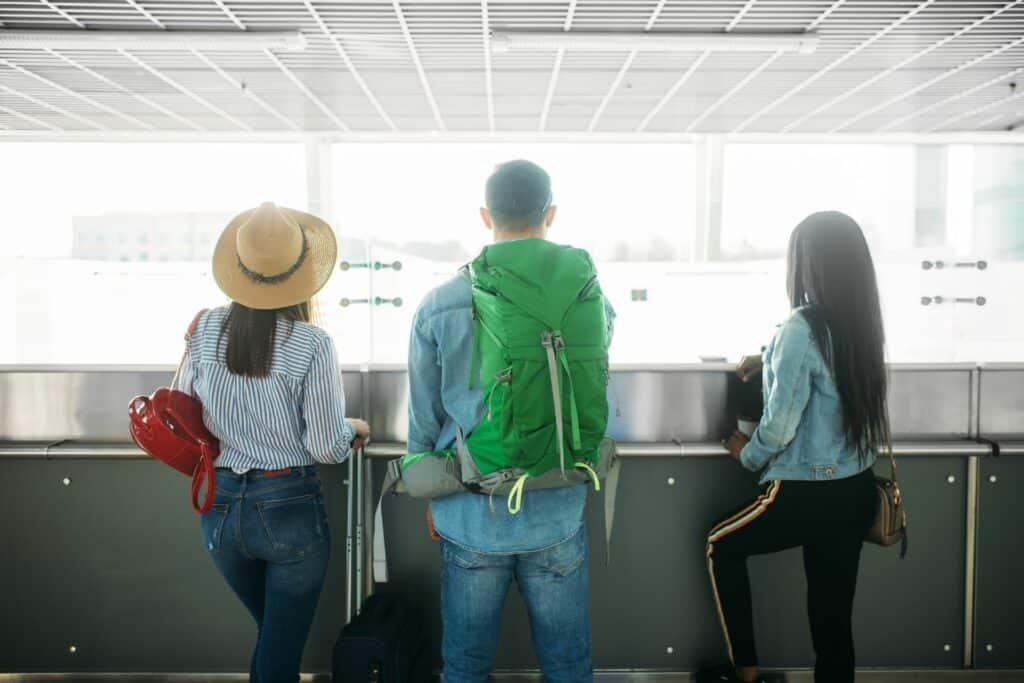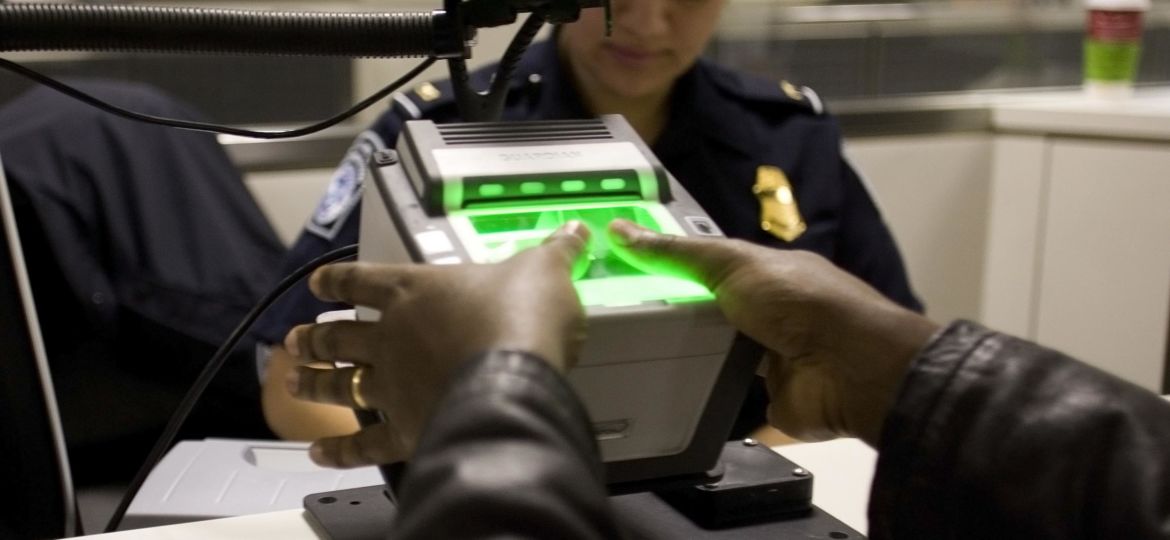
When the U.S. Customs and Border Protection (CBP) introduced face scans at Washington Dulles International Airport last year, it struck international travelers as bad news that it entailed longer lines and waiting times for them despite authorities’ assurances that it didn’t. But as the complaints mounted and the lines actually did get longer and longer, the federal agency had to resume a fast track process — the mighty Mobile Passport application.
As of Monday, September 23rd, U.S. and Canadian citizens restarted taking advantage of their smart devices’ capabilities to cut back on the time they spent inside Dulles after they disembarked their planes. Following a 13-month hiatus, that was good reason to feel even happier for being home again.
In a press release the same day, CBP pointed to “concerns of the traveling public” as the motive for its decision.
“CBP is committed to innovation, and technologies such as Mobile Passport Control and facial comparison bio-metric examinations have the potential to transform the traveler’s international arrivals experience without compromising our critical border security mission,” it said.
With the re-addition of Dulles to its list of locations, the mobile technology that individuals could use on their smartphones and tablet computers is now available at 28 airports and four cruise ports. Those locations include some of the nation’s largest airports such as those in Chicago, Atlanta, Los Angeles, Dallas and New York.
Easy to Use for Both Individuals and Families
The application allows individuals to submit passport information for them and their families to the CBP before they actually meet one of its officers. Once they answer some inspection questions online, they then receive a QR code that they need to produce at the entry booths to complete their arrival inspection. The whole option does not require pre-approval.
CBP is happy that Mobile Passport is back at Dulles. “Completing the administrative portion of the arrivals inspection through the app helps to streamline the traveler inspection and experience and frees officers to focus on identifying high-risk travelers,” it said in the same press release.
The federal agency initially launched the mobile application at Dulles airport in July 2016. It then initiated bio-metric entry through facial comparison in August 2018 and decommissioned Mobile Passport.
According to Bureau of Transportation Statistics, the total number of passengers using airports in the U.S. for domestic and international travel is constantly increasing since after the global financial crisis in 2007-08.
Federal data show that while less than 800 million passengers benefited from services at U.S. airports in 2009, their number swelled to over 1 billion last year.



